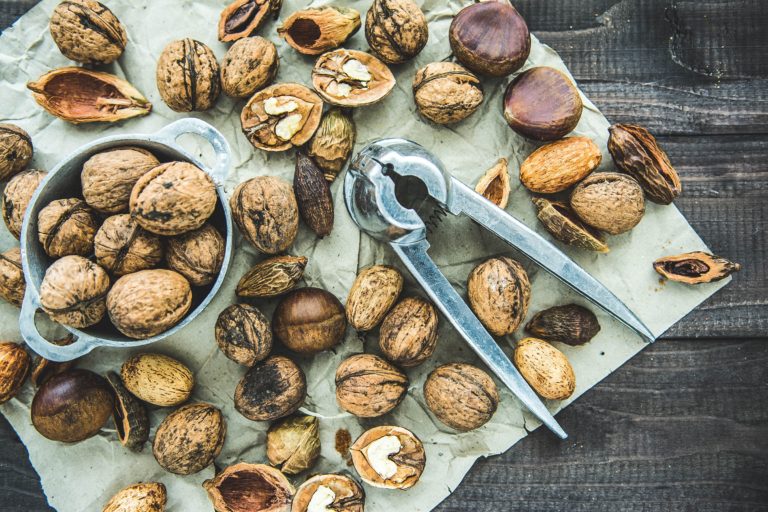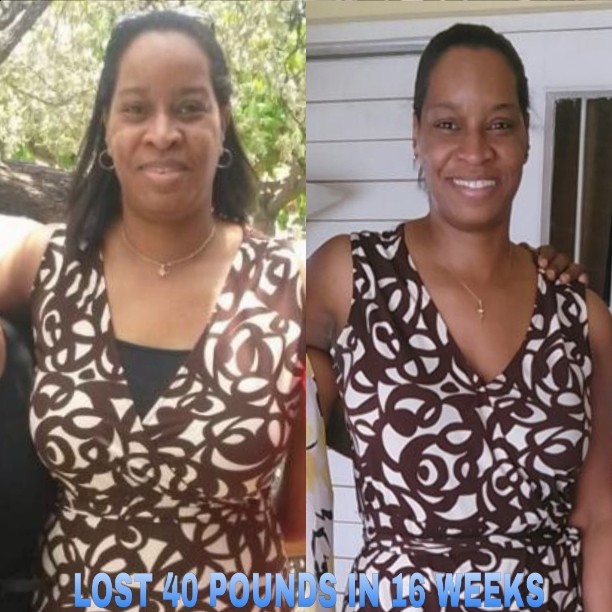Debunking food fitness myths Part 2
Two articles ago we looked at food myths. Today, we are moving on to additional and often misrepresented food ideas. In this article we will be looking at sports drinks, multivitamins, brown sugar and margarine.
Sports drinks are healthy
Let me first say, the World health organization’s (WHO) recommended daily sugar intake is 25 grams. This includes sugars in your vegetables, fruits and carbohydrates. Anything over the 25 grams will increase your risk for many sugar related diseases.
I have lost count of the number of people who have told me that they don’t drink water, instead they will just have a sport drink. After all sport drinks are sold at their gym and their trainer recommends them. Of course, they serve a real function as a rehydration drink in several ways, usually under long and intense, physically tasking sessions. They replace lost electrolytes and carbohydrates, but as a thirst-quencher for an average workout, it does not work.
Keeping the WHOs 25 grams of sugar or less per day in consideration, one bottle of Gatorade contains 56 grams of sugar and a bottle of Powerade contains 34 grams of sugar.
These are clearly not the healthiest hydration options especially on a regular basis. As always read the nutritional content and pay attention to serving sizes, Both Gatorade and Powerade have low sugar options and different flavors have varied sugar levels, so, read well.
Multivitamins are essential for good health
Vitamins are by definition nutrients which you only need tiny bits of. Many are essential, but in very small quantities; there is a reason they are called micronutrients. In truth, a balanced diet including various fruits and vegetables will give us all the micronutrients we need, and more. Multivitamins are a relatively new development in the human story. In fact, our fascination with vitamin supplementation can be traced back Linus Pauling, a brilliant chemist who claimed high doses of vitamins to be beneficial, which has been disproven with many studies between 1942 and 2005. More recent studies have shown that high doses of some oil soluble vitamins actually contribute to increases in cancer.
Yes, the vitamin industry is booming, and still households believe and live by his claims about vitamin C and others, but the fact is science has debunked these beliefs. If your doctor recommends it, have the recommended vitamin supplementation, or if your lifestyle doesn’t allow you to eat a balanced diet for a period of time, then consider a reputable supplement.
Brown sugar is healthier than white sugar
I have to lay out this one early, it is NOT. Brown sugar is simply white sugar coloured with molasses. To be clear, brown sugar is actually, MORE processed than white sugar. Yes, if you like the toffee flavor and moistness of brown sugar by all means enjoy, but if you are looking for added “naturalness” or significant nutritional advantage then this is not it.
Margarine is healthier than butter
When butter was scarce and expensive in France in the 1800s margarine was develops as a butter alternative. As a product it has gone through many different levels of acceptance, like being artificial and having trans fats.
Margarine was well promoted as a heart healthy alternative to butter as butter, being animal based, contains saturated fats and margarine being vegetable oil based has a lower saturated fat content.
This sounds very good for margarine, so far, but here is the issue. To stay spreadable at room temperature, vegetable oils have to by hydrogenated. This entails zapping unsaturated oils with high pressure hydrogen, forcing hydrogen into the molecular parking spaces which was allowing the vegetable oils to be liquid at room temperature. This creates a cheap, long lasting oil product.
So far this sounds great, but it is not. The hydrogenated fats in margarine contains an abundance of trans fatty acids or trans fats. A number of studies have shown that trans fats are as bad or worse for your arteries than saturated fats and raise cholesterol levels in the blood. It’s no wonder more European countries are completely banning Trans Fat products.
When you check the nutritional content, always be aware that the nutritional content may be telling you per serving not per container. Check how many servings are in the container and do the math. Overall, for true health maintenance, research and knowledge are important, read your labels, speak with professionals and attempt to find studies, preferably ones supported by secondary research to broaden your understanding of what you are fueling yourself and your future with.




